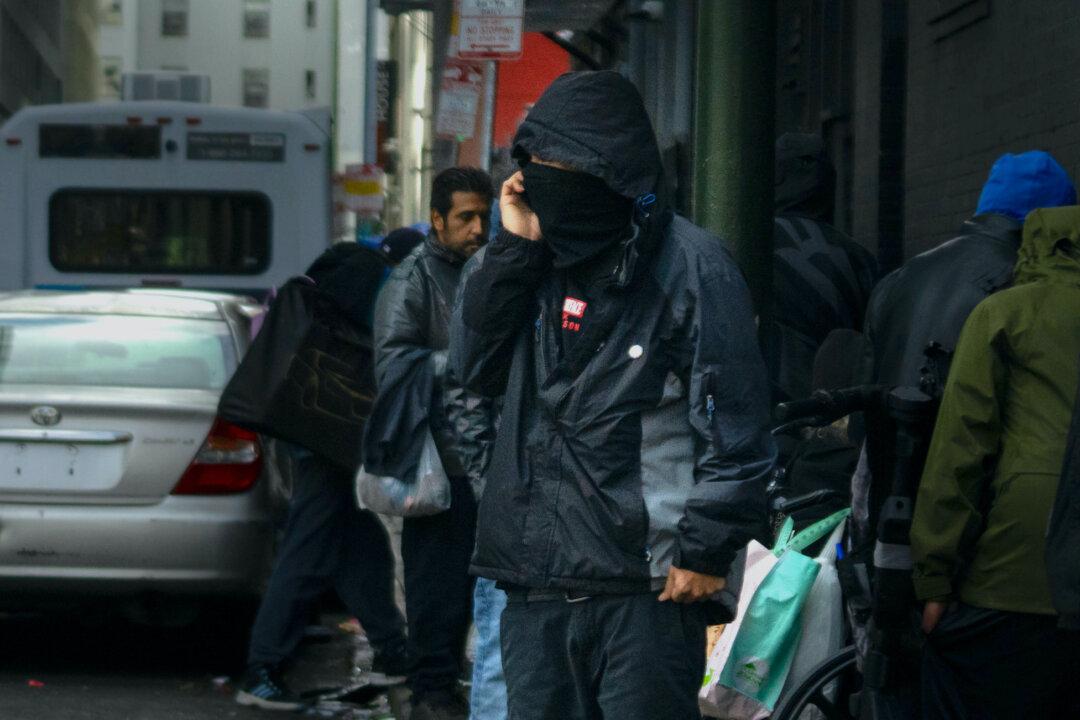California Gov. Gavin Newsom is proposing legislation to increase criminal penalties for illicit uses and trafficking of xylazine, an animal tranquilizer often mixed with fentanyl and other drugs, known as the deadly street drug “tranq.”
The governor’s announcement comes in the wake of a surge in fatal overdose deaths from tranq seen across the United States.





